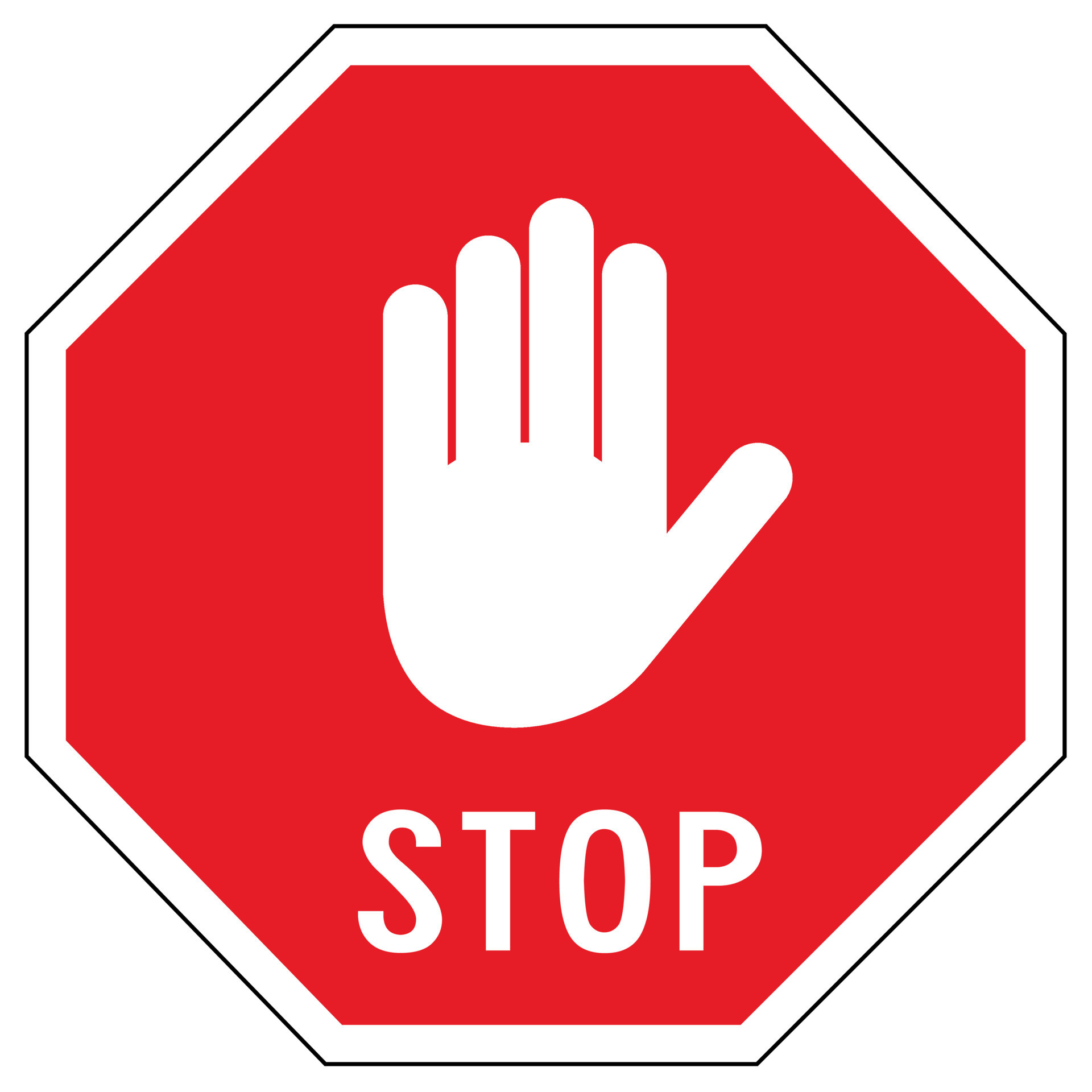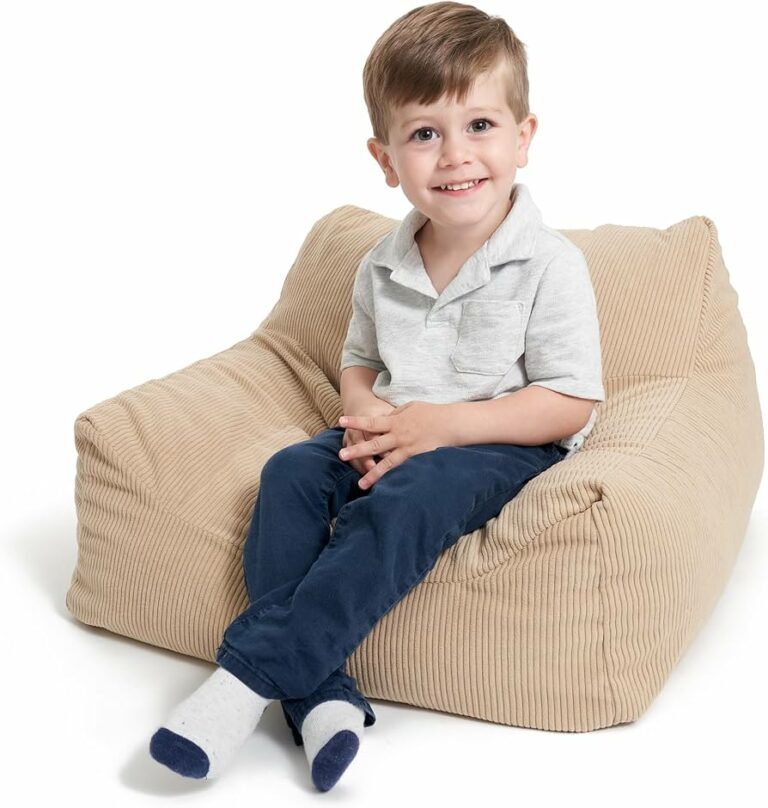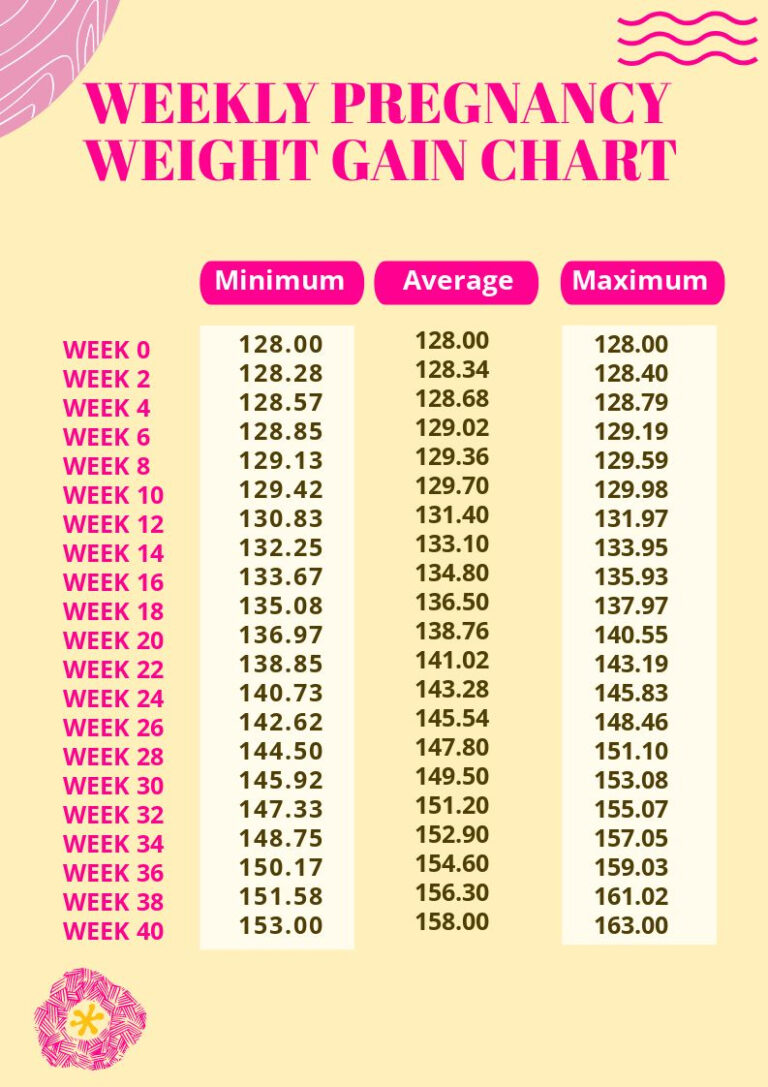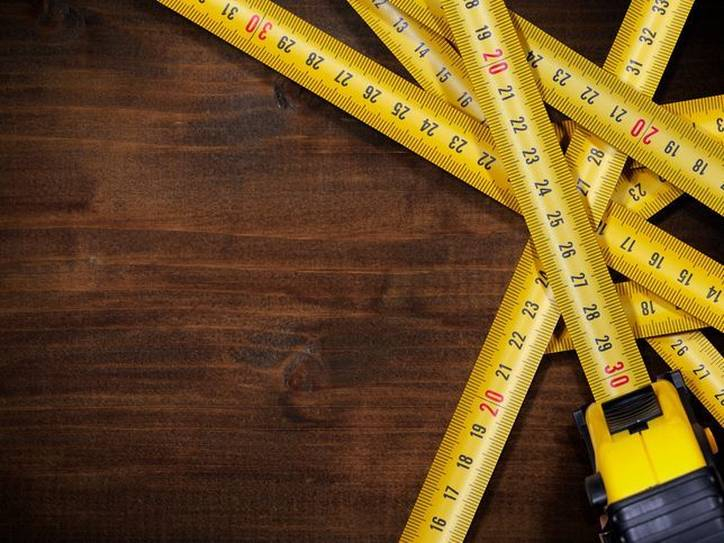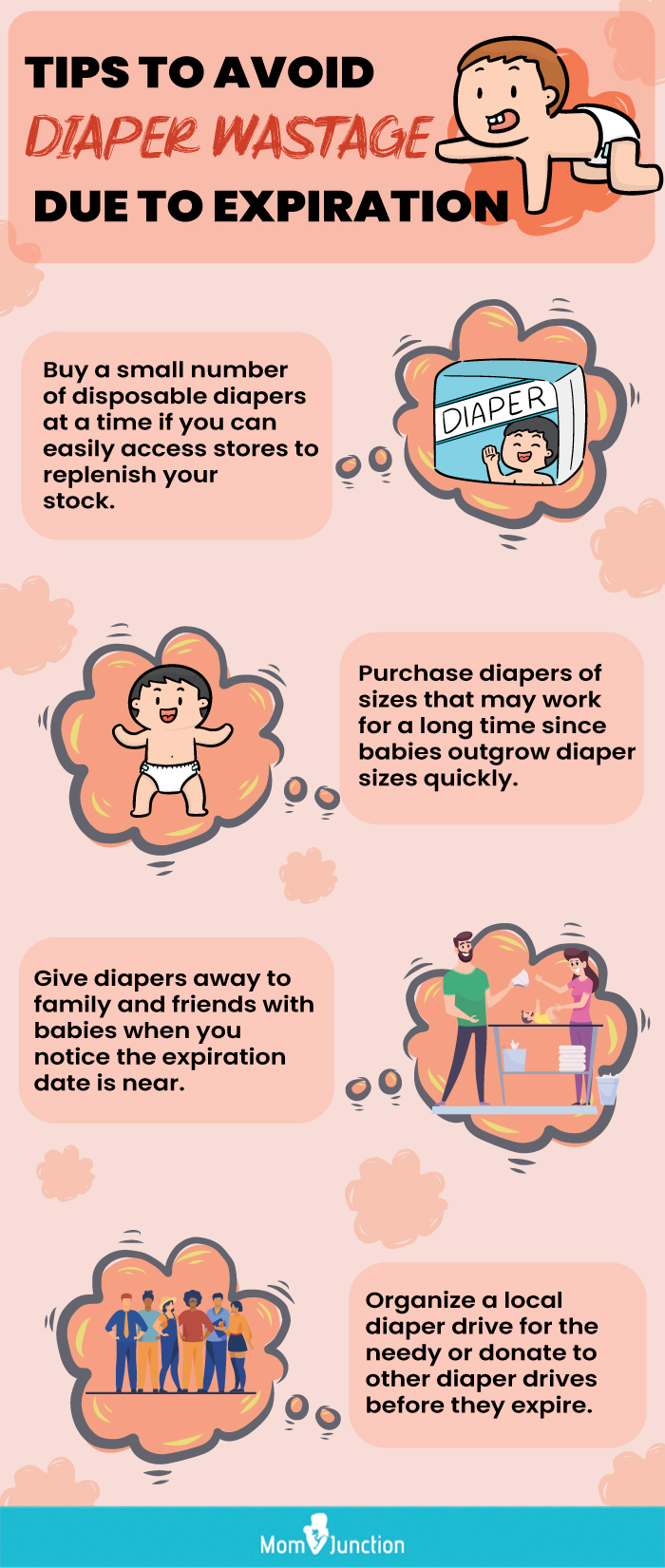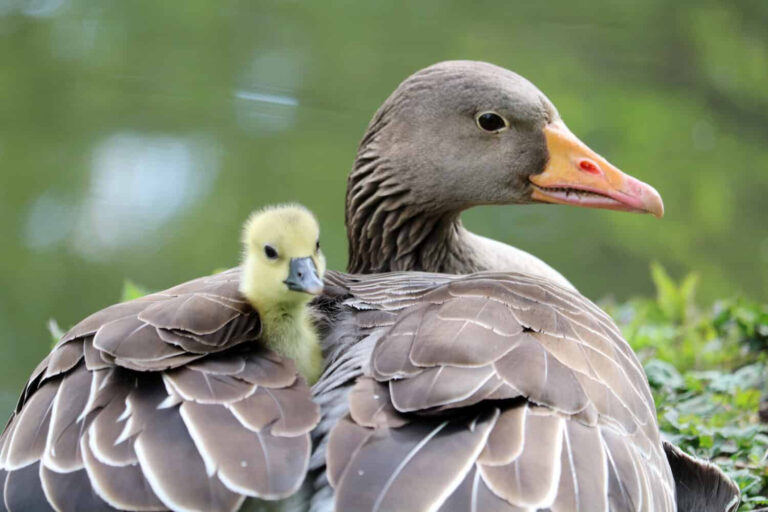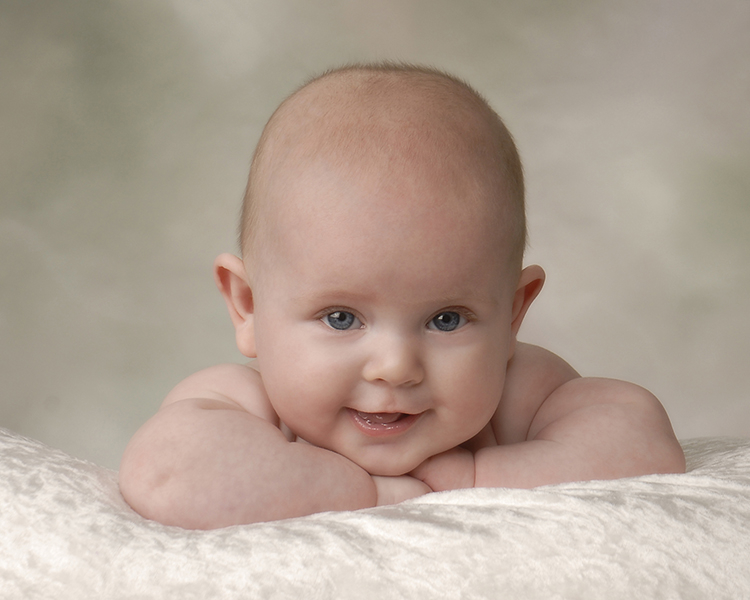When To Stop Burping A Baby
As a parent, knowing when to stop burping your baby can be a confusing and overwhelming task. Understanding the signs and signals from your little one is crucial in determining when it’s time to put an end to this routine. In this article, we will delve into the intricacies of burping babies and provide you with valuable insights on when to stop this practice.
Knowledge
When it comes to burping a baby, it is essential to understand the reasons behind this practice. Babies tend to swallow air while feeding, which can lead to discomfort and gas buildup in their tiny tummies. Burping helps release these trapped air bubbles, providing relief to the baby and preventing colic and other digestive issues.
Initially, newborns need to be burped after every feeding session, whether they are breastfed or bottle-fed. As babies grow and their digestive systems mature, they become more efficient at releasing air on their own. This is when you may start noticing that your baby needs less frequent burping.
One of the key indicators that it might be time to stop burping your baby is when they start showing signs of self-burping. This can be observed when your baby pulls away from the bottle or breast, turns their head, or arches their back during feeding. These cues suggest that your baby is capable of burping independently and may not require external assistance.
Another factor to consider is your baby’s age and feeding habits. As babies transition from liquid to solid foods, their feeding patterns change, and so do their burping needs. Older babies who eat solid foods may not require as much burping as younger infants, as their meals are less likely to cause gas buildup.
It is also important to pay attention to your baby’s overall comfort level during and after feeding. If your little one seems content, relaxed, and free of gas-related discomfort, it may be a sign that they no longer need to be burped as frequently.
Every baby is unique, and there is no one-size-fits-all approach to burping. Some babies may continue to benefit from occasional burping even as they grow older, while others may naturally outgrow the need for burping sooner. Trust your instincts as a parent and observe your baby’s cues to determine what works best for them.
Conclusion
Knowing when to stop burping a baby is a milestone in your parenting journey. By staying attuned to your baby’s cues and needs, you can gradually phase out the burping routine and allow your little one to feed comfortably and independently.
For parents of older babies and toddlers, reducing the frequency of burping can promote self-regulation and independence during meals. By recognizing when your child is ready to stop burping, you can support their growing autonomy and foster healthy eating habits.
In conclusion, the decision to stop burping a baby is a personal one that depends on your baby’s individual needs and development. Trust your instincts, observe your baby’s cues, and consult with your pediatrician if you have any concerns. Remember that every baby is different, and what works for one may not necessarily apply to another.
